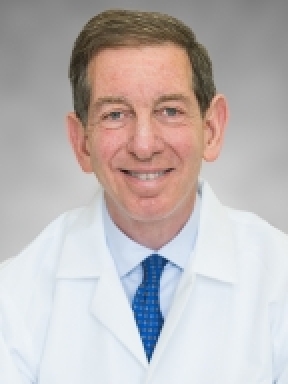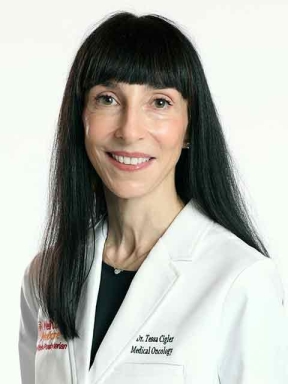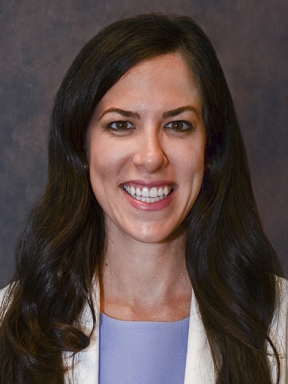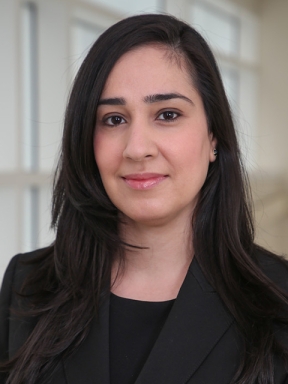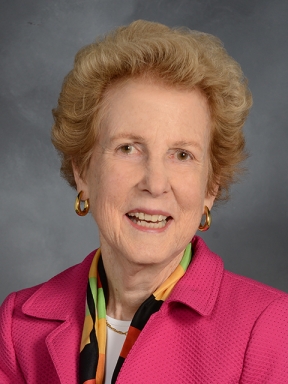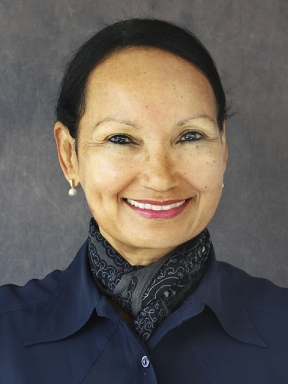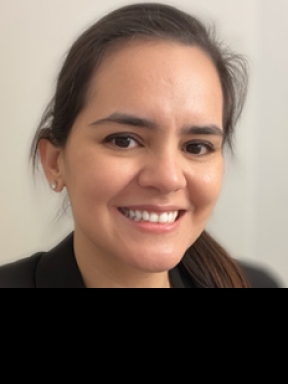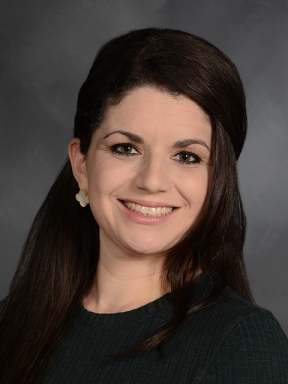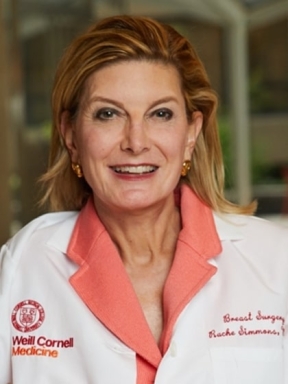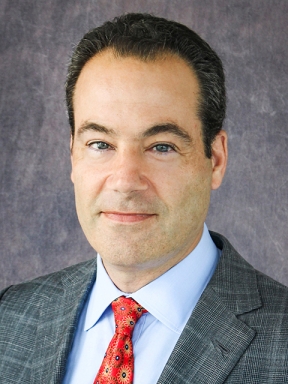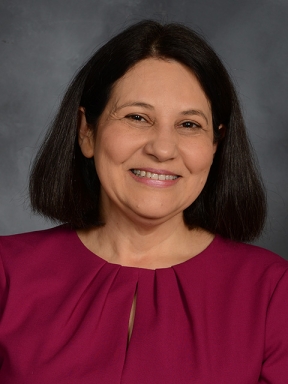High-Risk Breast Clinic
1283 York Avenue, 4th Floor
New York, NY 10065
156 William Street, 12th Floor
New York, NY 10038
506 Sixth Street
Brooklyn, NY 11215
If you are considered to be at a higher risk for developing breast cancer, the compassionate specialists at the Weill Cornell Medicine High-Risk Breast Clinic are here to listen to your concerns, educate you about your options and develop a plan for monitoring your health.
Certain genetic makeup or family histories of breast cancer may contribute to your risk for developing breast cancer. The more you know about your risk factors, the more confident you can feel about your decisions related to screening and preventive treatments.
If you believe that you may be at higher risk for breast cancer, we encourage you to learn more about the genetic risk assessment at the Weill Cornell Medicine Breast Center.
Compassionate, Multidisciplinary Experts for Those with Increased Risk of Breast Cancer
Our caring team is here to help you understand your breast health and develop a personalized risk management plan. Our aim is to help you focus on living well.
At Weill Cornell Medicine, our High-Risk Breast Clinic includes experts in breast health and breast imaging, including specialists in internal medicine, radiology, genetics, oncology and surgery.
As our patient, you will work closely with your care team to understand your specific risks and options. Together, you will determine the best risk management plan for you. Your plan may include:
● Additional or more frequent screening by our breast imaging experts
● Breast cancer chemoprevention (drugs to lower the risk of developing cancer)
● Preventive surgery options (sometimes referred to as a “prophylactic mastectomy”)
● Evaluation for risk for other types of cancers based off of your inherited genetic makeup, including ovarian cancer and certain gastrointestinal cancers
As our patient, you will have access to leading research and clinical trials that will potentially improve care and outcomes for you and others with a higher risk for developing breast cancer.


